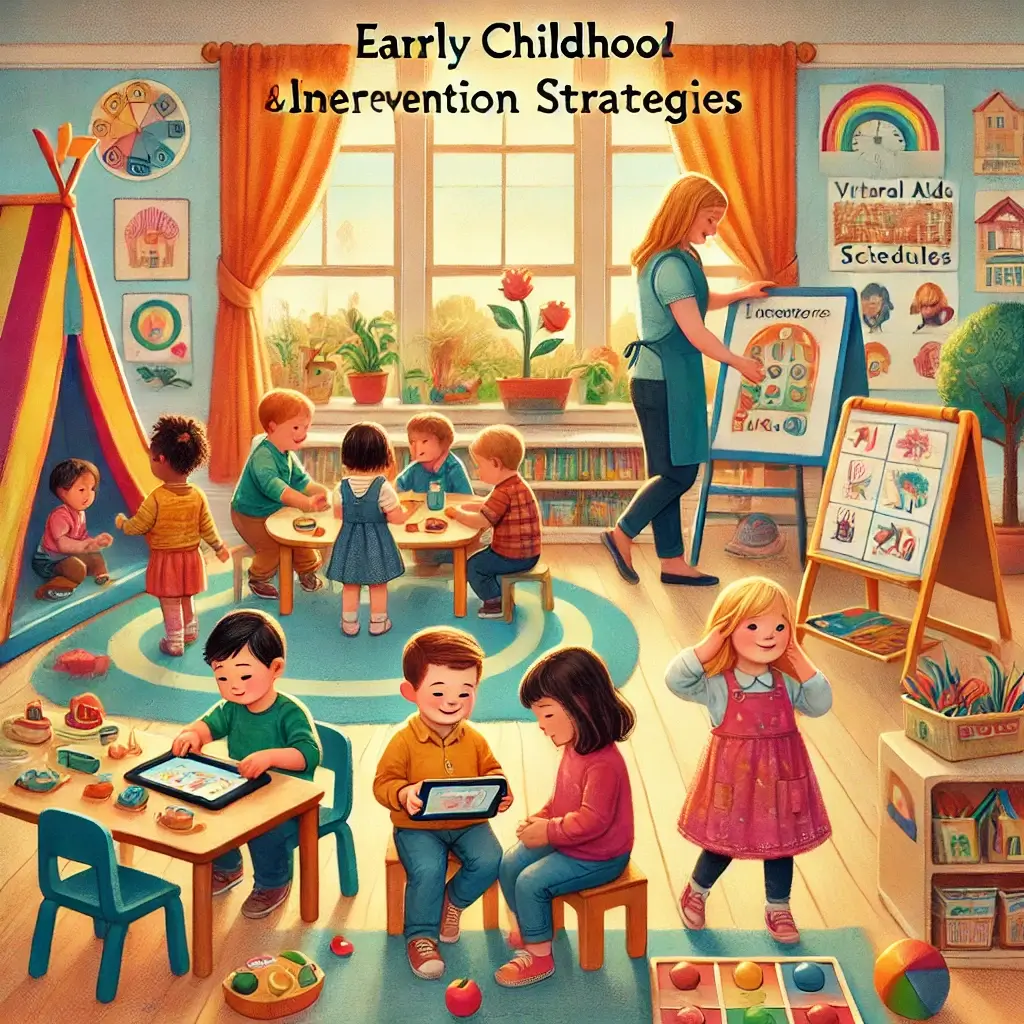Qualifications and Requirements for In-Home Childcare
Family childcare homes are another alternative for child care. These are small-scale programs that provide care in a home-like setting. Family childcare providers are frequently licensed or registered with their state and may care for a few children in their own homes at a time.
Compared to daycare facilities, these providers may provide more flexible hours, specialized care, and lower child-to-adult ratios. Family childcare providers may come from various educational backgrounds and have different levels of expertise, but they are all expected to undergo training in child development, safety, and health.
Another sort of child care is in-home child care, which involves a caregiver visiting the kid’s home to offer care. Families that want their children to stay in their familiar setting or have unique needs requiring customized attention may prefer this form of care.
Training and Experience
Nannies, babysitters, and family members are examples of in-home childcare providers with varied degrees of training and experience. Some in-home daycare providers may provide light cleaning or childcare-related responsibilities, such as food preparation or event transportation.
Nanny credentials differ based on the family’s needs and the state in which they live. However, most families look for some general qualifications in a nanny. Nannies with prior experience caring for children of all ages are desired.
Nannies with experience in child development, early childhood education, first aid, and CPR are desired. Nannies should be able to give references from prior families for whom they have worked. Personal characteristics: Nannies should be dependable, trustworthy, and cheerful. They should also be able to communicate with both parents and children appropriately.
Qualifications
Some extra qualifications that some families may look for in a nanny include:
Bilingualism: If the family is multilingual, they may choose a nanny who speaks the child’s native language.
Driving expertise is required if the family wants the nanny to drive the children. They must have a valid driver’s license and a clean driving record.
If the family requires a nanny to prepare meals for the children, they may prefer a nanny with some cooking expertise.
When hiring a nanny, it is critical to consider your family’s and your child’s requirements. Inquire about the nanny’s experience, training, credentials, and personal characteristics. Also, ensure everything is in writing, including the hours of care, charges, and termination policies.
Some Pointers
Here are some pointers for locating a qualified nanny:
Request recommendations from friends, family, and neighbors.
Look for nannies that have received certification from a reputed nanny association.
Look for job postings and websites on the internet.
Make contact with nanny placement agencies.
Once you’ve identified a few suitable nannies, do in-person interviews. Inquire about their experience, training, credentials, and personal characteristics. Please take note of how they connect with your child. Check their references as well.
Regardless of the type of childcare facility, parents and guardians must conduct thorough research and select a provider who matches their requirements and expectations. They should assess the provider’s credentials, references, operating hours, prices, and rules on discipline and communication.
Families may guarantee that their children are in excellent hands while they attend to other tasks by locating a dependable and caring daycare provider.













